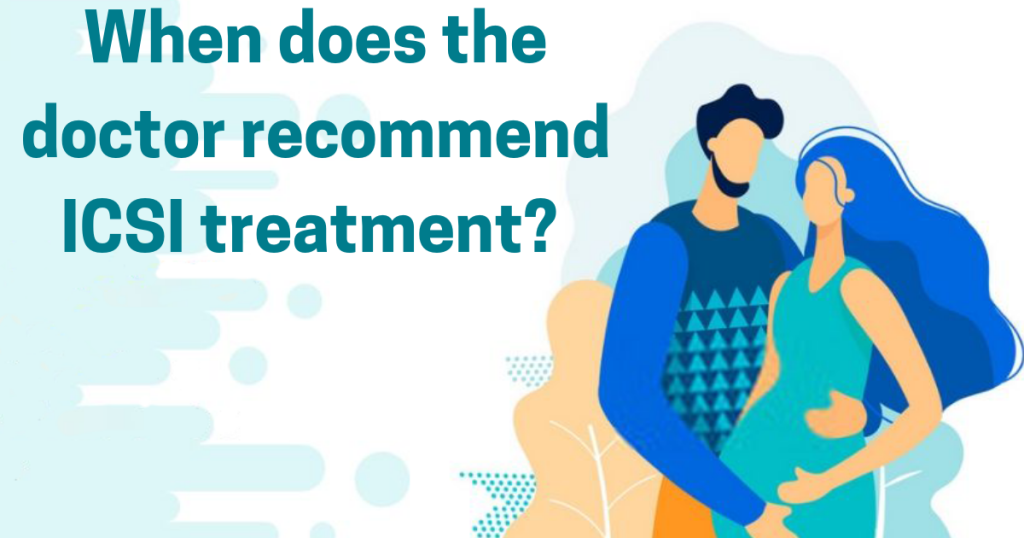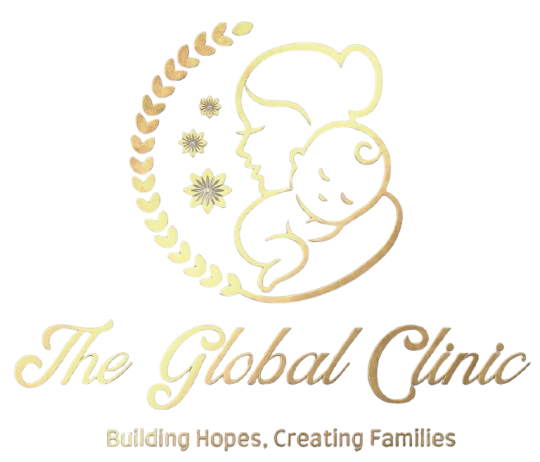The ICSI treatment procedure was introduced to help couples become more fertile. According to the Fertility specialist in Greater Noida, In recent years, Intracytoplasmic Sperm Injection (ICSI), a step forward in IVF treatment, has revolutionized male infertility. It allows guys with poor sperm quality the opportunity to father their children. In normal conception, many millions of sperm cells are required for fertilization in each ejaculation, however, in ICSI, just one sperm cell may be sufficient.
What exactly is the ICSI procedure?
Intracytoplasmic Sperm Injection (ICSI) is an in In-Vitro Fertilization (IVF) treatment in which sperm is injected into the cytoplasm of a mature egg and the eggs and sperm are fertilized. It is a technique that is required for couples who are experiencing severe male factor infertility.
What is ICSI and how does it work?
A fertile woman’s menstrual cycle lasts around one month. During this time, the follicles in the ovaries that contain an egg continue to expand under the influence of the body’s natural hormones. This egg is released from the ovary at a moment midway through a woman’s period cycle, and ovulation occurs. Hormones, on the other hand, control ovulation.
The eggs, which are ready for fertilization at this point, are placed in the fallopian tubes to await the arrival of viable sperm.
The causes of unwanted childlessness are numerous, as are the treatments available. ICSI treatment is one such effective treatment approach. It’s a part of the IVF process.
Special reproductive hormones are given to women who are having therapy to induce the development of multiple eggs in the ovaries. The eggs are subsequently extracted for the ICSI process, which is used to treat them.
ICSI fertilization involves injecting a single sperm cell into each of the retrieved eggs. Each egg is placed under a strong microscope for this purpose, and a single sperm cell is inserted straight into it using a thin needle.
After the injections and around 24 hours in the incubator, the majority of the eggs will begin to show indications of fertilization. To produce an embryo, the egg cells split and multiply. A healthy embryo develops after 2-3 days. After then, it gets transmitted. A small flexible needle is inserted into the uterus, where it is left to implant and produce a pregnancy.
When is it a good idea to use ICSI?
Your IVF doctor may prescribe an ICSI technique when the sperm does not need to travel to the egg or enter the egg’s outer layers.
In addition, if there are any issues obtaining fertilization owing to male infertility factors, ICSI can help. Among the factors are:
- The sperm count is low.
- Sperm motility is reduced.
- The sperm’s failure to penetrate the egg
- In the past, unsuccessful IVF procedures
ICSI can also help with the following conditions:
You’re employing frozen sperm that don’t appear to be active.
You’ve decided to pursue a PGD (preimplantation genetic diagnosis).
Fertilization did not occur in your prior IVF treatments. Although the number of eggs was high and the sperm was healthy.
The eggshells get stiffened when you employ frozen oocytes.
Choosing IVM (in vitro maturation), which involves retrieving eggs before they reach maturity. ICSI is quite effective in this situation.
ICSI treatment has many advantages.
ICSI has many advantages, including:
- ICSI is a treatment for severe infertility in men that employs high-quality eggs.
- Low sperm count, poor sperm motility, or poor sperm quality are all causes of infertility.
- During In-Vitro Fertilization, ICSI enhances the chances of fertilization (IVF).
- If you’ve had a vasectomy, ICSI is also a great choice.
Consult the Best fertility & IVF specialist In Greater Noida, if you plan to undergo ICSI treatment. They can advise you on the risks and consequences associated with ICSI.




